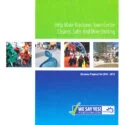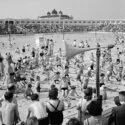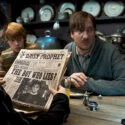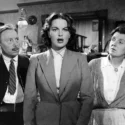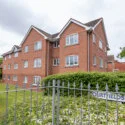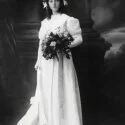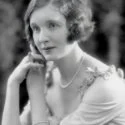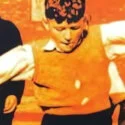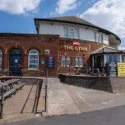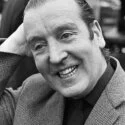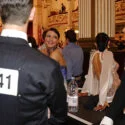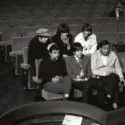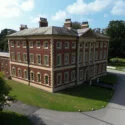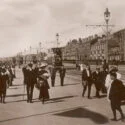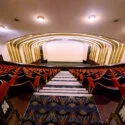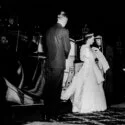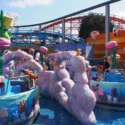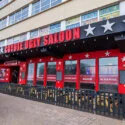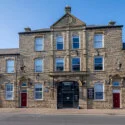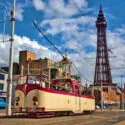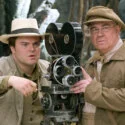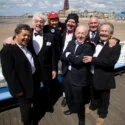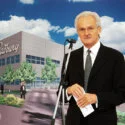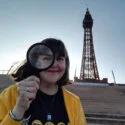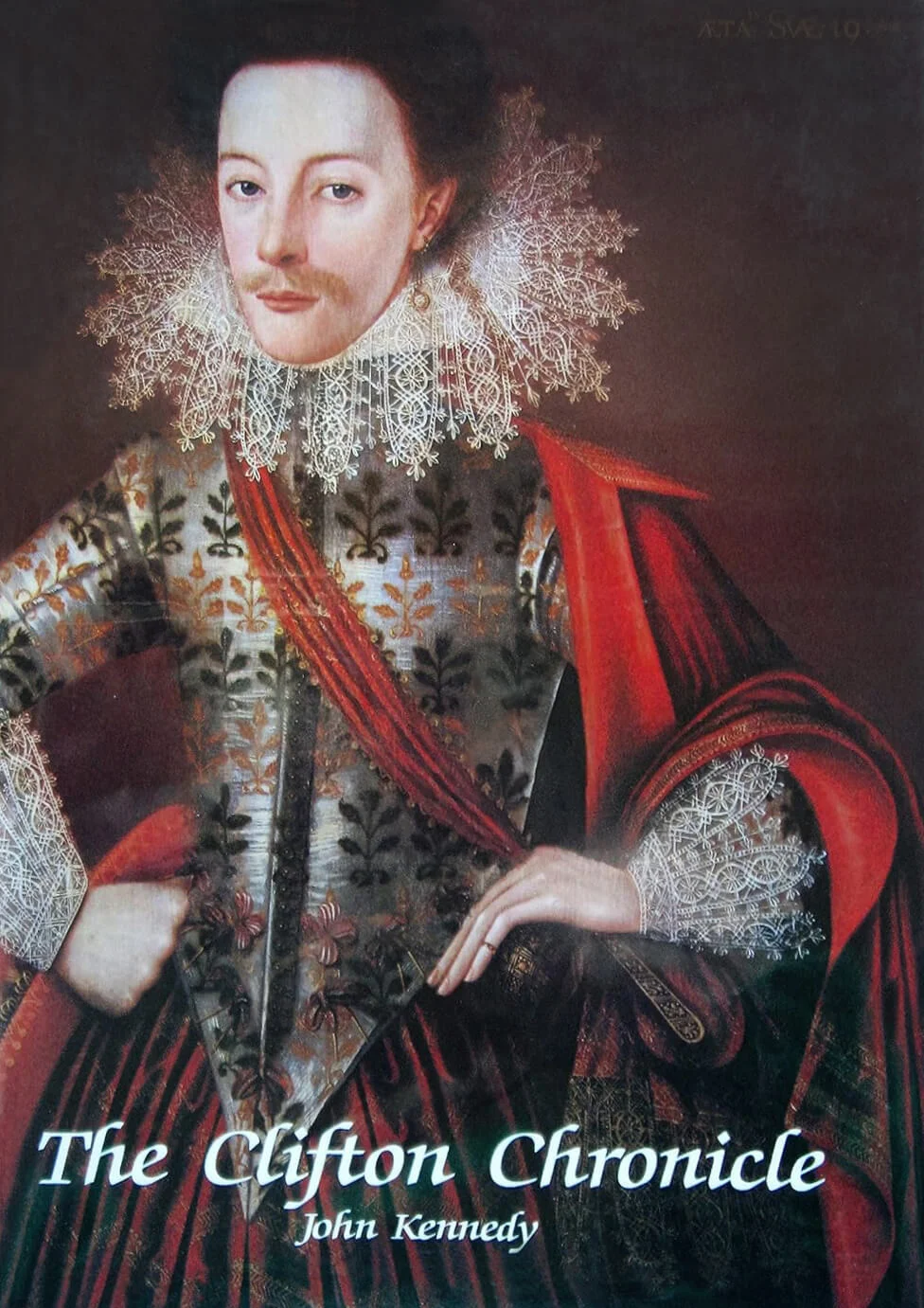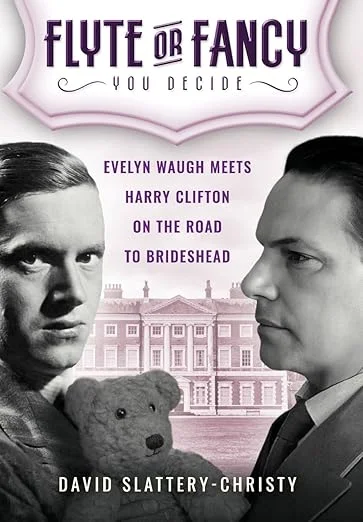Evleyn Waugh declared the Cliftons as “all tearing mad” when he visited Lytham Hall in the 1930s.
The last Squire Clifton, Harry, managed to squander the family fortunes and bring to an end several centuries of Clifton family dominance for Lytham and St Annes in Lancashire. Harry’s reckless and eccentric behaviour, not to mention his wild schemes and obsession with the occult, left very little of his families vast estates in Lancashire and Scotland. His father, John Talbot Clifton, had lost in his lifetime the family’s estates in Ireland after it became independent from the British Crown at the end of WW1; the estate there was literally abandoned, like so many, when the threats were made against him and his family by the IRA. Unbeknown to John Talbot the biggest threat to the family survival was embodied in his eldest son and heir, Harry, their relationship somewhat fractious made worse by John Talbot’s stiff Victorian demeanour and character. His wife Violet worshiped her husband and followed him on every adventure and supported him unconditionally it seems; even where their children were concerned. She herself was a direct descendant of King Charles II and his affair with Drury Lane’s famous Nell Gwynne! Harry Clifton would proudly declare that they now had Royal blood coursing through their veins.
Lytham Hall, the family seat in Lancashire, managed to survive Harry’s determination to spend, spend, spend, by being mortgaged by Guardian Royal Exchange. Most of the land he sold in the 1930s and by doing so relinquished the annuity ground rents that went with the land that Lytham and St Annes were built on. The Scottish estate on Islay he left to rack and ruin as he hated the place as it reminded him so much of his father; indeed the house on Islay is now an empty ruin, the land long since sold off. Guardian eventually repossessed Lytham Hall and its remaining land in the late 1960s when repayments became impossible for Harry to make, and the decision was made to use it as their headquarters creating jobs and prosperity in the area for nearly fifty years. Harry was offered a deal and paid off with an agreed amount and went off to live in a friends hotel, a notorious psychic and soothsayer, in Brighton, where he died a few years later virtually penniless. His obituary read:
“Mr Harry Clifton, the Fylde’s most famous landowner, former Squire of Lytham, traveller, gambler and friend of kings has died in Brighton, aged 72. The white bearded, nomadic recluse, once one of the richest landowners in the country and until 1937 owner of most of Lytham St Annes died in hospital yesterday, virtually penniless. He had been taken ill with a heart attack, the second in a short time, at the Brighton home of his close friend for the last twenty years, Mrs Margaret Kilner, a soothsayer. Mortem aut Triumphum!”
(Evening Gazette. Wednesday, November 28th, 1979)
Lytham Hall is a fine Georgian manor house and sits in what remains of its vast grounds along with the remaining stables and outbuildings that are now owned by Lytham Town Trust since 1997, who in the 2000 gave a 99 year lease to manage the site to Heritage North West. The hall is open to the public and the rich and fascinating history is once again being brought to life for visitors. The house is open most days and guides will assist you and impart their knowledge of the history of the house and the Clifton family. The grounds offer lovely walks and a cafe and garden centre are all themed to enhance the history of the Clifton dynasty. Well worth a visit. The management and staff and volunteers are all welcoming, helpful and very knowledgeable about the history and will make your visit extra special. The Georgian Afternoon Tea at Lilibet’s Emporium, in what was the library in the hall, is an extra special treat but must be booked in advance. There are also lots of concerts, events and plays in the grounds during the summer months.
If you want to read more about the history The Clifton Chronicle by John Kennedy is a mine of information from a man who was the last estate manager to Harry Clifton. It isn’t in print but second hand copies can be found with a bit of searching on the internet. There is also Flyte or Fancy. Evelyn Waugh Meets Harry Clifton on the Road to Brideshead by David Slattery-Christy. A book that explores the legend that Harry Clifton influenced Waugh’s creation of Sebastian Flyte in Brideshead Revisted. It is said that Violet Clifton refused to speak to Waugh when Brideshead was published in 1945 as she was convinced he had used Harry and the family as inspiration.
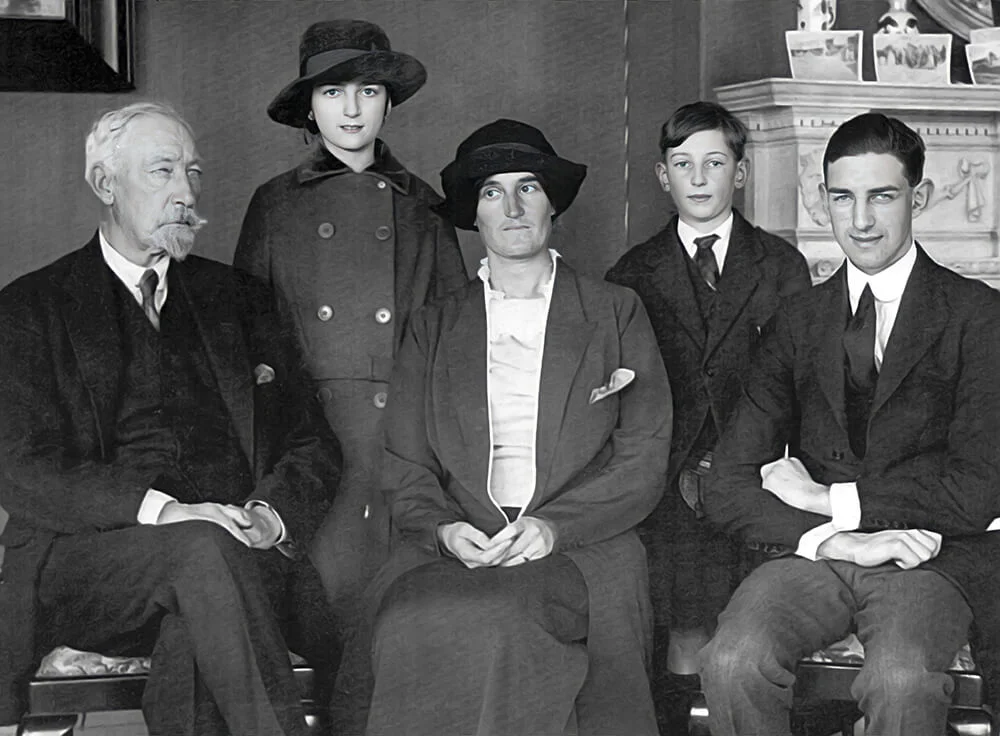
Talbot, Daffodil, Violet, Michael & Harry Clifton in 1925
Background Image © Deeper Blue Marketing & Design Ltd
Text source: written by David Slattery-Christy for Blackpool TimelineHis website


